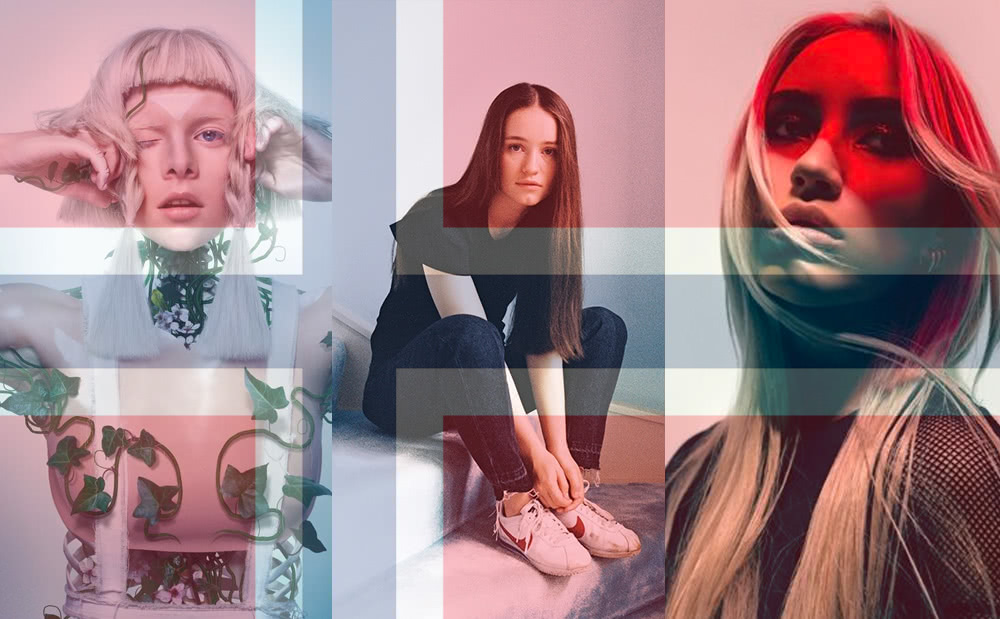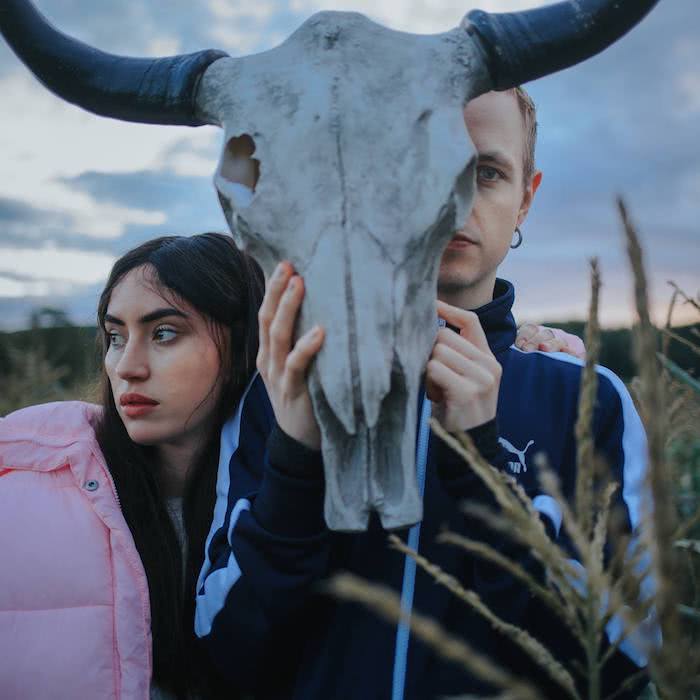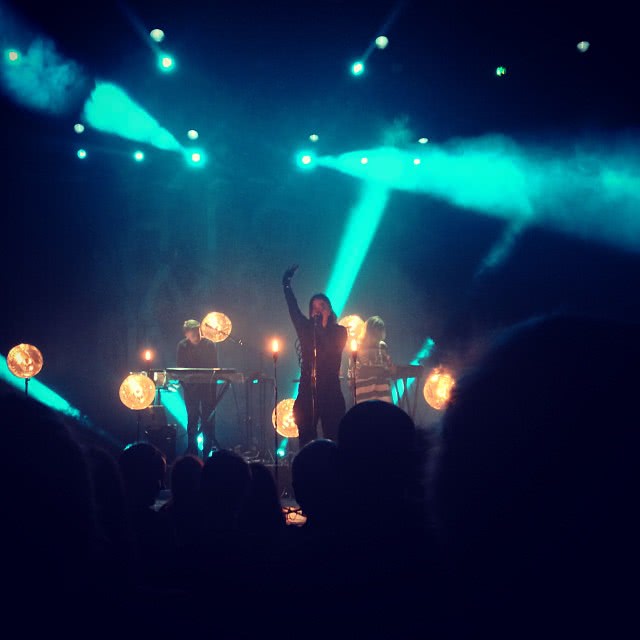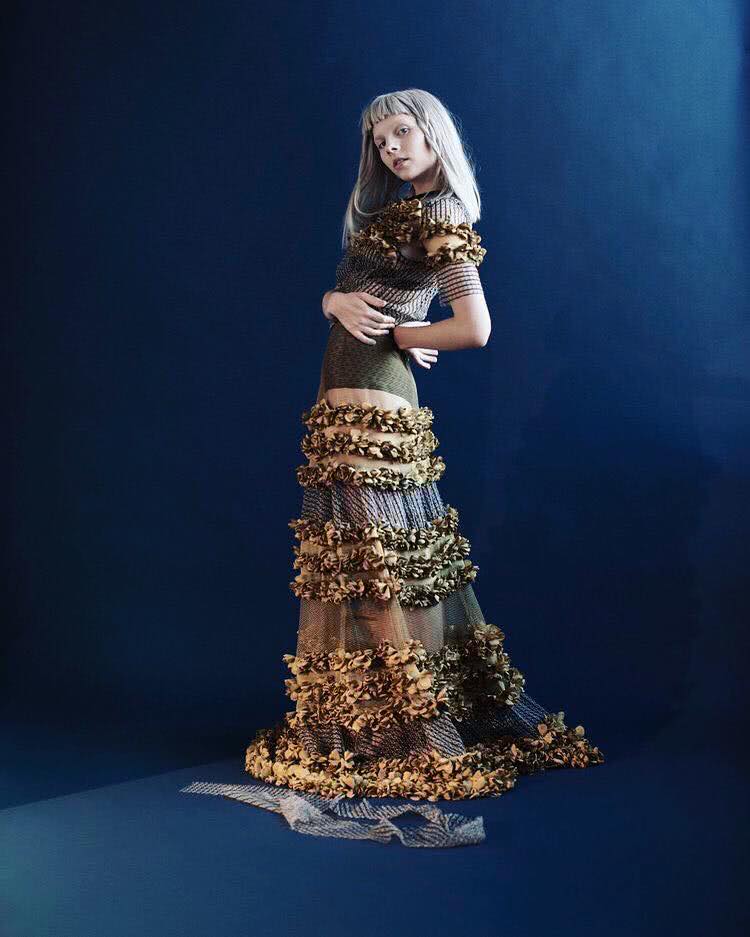Norway, with the same population as Sydney, devotes billions to arts every year

Want to feel even more embarrassed about the Australian Government’s approach to culture? Go to Norway.
jIn 2016 as part of its National Budget, the Norwegian government devoted a total 13.5 billion Norwegian Kroner to arts and culture for the following year, 465 million larger than the budget the year prior. To put that into perspective, Norway, a country with a population just over the same size of Sydney, invested AU$2.8 billion into the arts.
Naysayers and political spinners will offer the argument: ‘But they have all that oil money’. For them, I offer this question: Do you think the Australian Government would, like Norway, invest around 1% of its total national budget into the arts each year?
If you consider the Aus Government’s predicted spending of A$473.7 billion in the 2017-18 financial year, and the A$23.5 million it gives to the Australia Council of the Arts each year, then you have your answer, it’s a drop in the ocean compared to Norway’s investment.
The sobering fact is, despite being a renowned ‘rich’ country, its funded initiatives, like non-profit development project Talent Norway, Norway’s ‘Sounds Australia equivalent’ Music Norway, and its gift reinforcement programme for private donations and grants, have all contributed to economic growth.
Norway’s political leaders follow the money closer than Bob Woodward to monitor the return on investment, and they’re smiling at the numbers. According to the country’s most recent projection statistics (March 2018), economic activity in Norway is on a rising path, and unemployment rates continue to fall below 4%.
A glimpse into Norway’s music industry
Like most countries, Norway’s Government has swayed from left to right over the years, but one thing has remained true: its culture politics. Currently led for the past four years by a centre-right coalition government, Norway’s arts funding is a large part of its social democracy, partly set in place to maintain its self-sustaining music industry.
Leading the charge for Norwegian music exports (although they’d never take full credit) is Music Norway. Launched just five years ago to bring together Music Export Norway and the Music Information Center – initiated by the Norwegian Society of Composers and the Norwegian Cultural Council – Music Norway has helped acts like Aurora, Sigrid, Astrid S, and Highasakite all achieve international success in recent years.

Highasakite
Speaking to TIO in Oslo during the city’s annual Øya Festival, Music Norway Project Manager Karoline Røed Tønnesen said that while the organisation has the same desired outcomes as our own export body Sounds Australia, the way it goes about it is very different.
When it comes to placing the international industry in front of local acts, Norway doesn’t have a geographic handicap like Australia. Sounds Australia helps prepare Australian acts for overseas jaunts to showcase at conferences like SXSW in the US and The Great Escape in the UK, but Norway is a short plane trip from most of Europe, making it much more viable to bring the industry to acts’ hometown shows.
“We bring the international industry to our festivals in Norway, so that the Norwegian industry can work on selling the Norwegian artists,” says Røed Tønnesen. “The artists are more confident [at home] and if you’re headlining Øya it’s much bigger than playing a small venue in Australia. You can see the potential in a band.
“It’s kind of a cheaper way to do it,” she adds. “And you already have the festival book them so you have that filter already. It’s not us deciding who the next star is, it’s someone else, someone who does that for a living.”
Music Norway isn’t just the matchmaking middle-man creating the space for label rosters to grow, sync deals to be signed, or booking agency deals to be inked. Similar to APRA AMCOS here in Australia, the organisation hosts songwriting workshops in Oslo, Berlin and London, and hosts club nights in Berlin and London (called Ja Ja Ja) to showcase Norwegian acts to the Central European and British industries.

Highasakite at Ja Ja Ja in Berlin (2014) Credit: Ja Ja Ja
It also runs professional development initiatives to grow the careers of emerging industry professionals, and hosts networking gatherings and regular information nights for artists and industry.
“It’s a long road of course,” says Røed Tønnesen of Music Norway’s goal to increase export opportunities. “But we’ve seen the change in the Norwegian industry in the last five years, it’s been huge.
“People are more professional, they know what to do, they know who to talk to, they’ve got big international networks, so it’s building step by step.”
Music Norway has a staff of 12 including one member leading Central Europe operations from Berlin and one covering the UK from London. Here’s the kicker though, it’s wholly funded by the local government; the bulk of its operational funding comes from the Ministry of Culture but it’s also financially supported by the Ministry of Foreign Affairs – and that funding has been increasing year on year, while it remains independent.
To put that into perspective, Australia’s equivalent Sounds Australia has just four full-time staff to service a country with a population of 24.1 million, and is part-funded by a government that in 2016, announced plans to axe its support of Sounds Australia altogether.
The Government did backflip on the decision but only after a weighty national uproar of a campaign. It currently contributes a measly $300,000 to Sounds Australia as part of The Four Year Funding program. Need I remind you at this point that Norway, with a population of 5.2 million, invested AU$2.8 billion into the arts in 2016?
Norway’s music business is adaptive and expanding
Norwegian artists and industry figures alike didn’t always believe a global career was possible. The country had long lived in the shadow of its more developed Scandinavian cousin, with global phenoms like ABBA, Robyn, Opeth and The Knife all turning Sweden into a focal point at different epochs.
“A lot of people were like, “No we can never make it, we’re from Norway, it’s such a small country’,” says Røed Tønnesen. “Sweden has always been the huge music industry in the Nordic countries, now [artists] have more confidence.”
Røed Tønnesen says it was one particular band that sparked a change in dialogue and confidence; Oslo trio A-ha achieved international success in the ‘80s and ‘90s with seminal track ‘Take On Me’ and the Grammy-nominated debut studio LP Hunting High and Low, which went 3x Platinum in the UK alone.
However, as the world was introduced to Norwegian music and A-ha paved the way for artists back home, the band didn’t directly contribute to Norway’s economy.
“They got their record deal somewhere else, they got their management somewhere else, they got their publishing somewhere else, so we didn’t get the money back in a way,” explains Røed Tønnesen. “So our focus is to build a strong industry in Norway that can manage to have Norwegian success outside of it.”
If acts like Highasakite and Aurora are anything to go by, Music Norway’s strategy is working. Multi-award winning five-piece Highasakite hit the ARIA Top 100 in 2016 with Camp Echo when it was released via Caroline Australia and had their song ‘Since Last Wednesday’ hit #78 in the 2014 Hottest 100.
The band also performed Bon Iver’s track ‘Heavenly Father’ for the coveted triple j Like A Version in 2014 during their visit for Laneway Festival, and shows at Oxford Art Factory and Melbourne’s Corner Hotel.
Watch Highasakite cover Bon Iver’s ‘Heavenly Father’ below:
The aforementioned was sparked with a little help from Music Norway who helped with funding and hosted international industry figures, including a select few from Australia, at one of Highasakite’s headline shows in their hometown of Oslo.
“Music Norway has played an important role for all our acts when it comes to export and touring abroad,” says Glenn Larsen, who manages Highasakite through his PR and management company Indianer.
“It isn’t only about the funding, but also the knowledge of the different territories and how they help the Norwegian industry to connect with the right people.”
Aurora: A global success story
Perhaps one of the most surprising aspects about the Norwegian music industry, is that the mighty pop music machine does not dominate. The industry has carved out a space for the heaviest, most brutal, paint-peeling metal your ears have ever encountered, the shiniest, radio-ready, bubble-gum pop… and everything in between.
So when a 16-year-old Aurora Aksnes was ready for the world to hear her music, not only did she enter the music industry with the knowledge that career longevity as an Oslo native was possible, but that she would have the opportunity to build a strong local team around her from the get-go.
Head of Central European Office at Music Norway, Jonas Vebner, remembers hearing Aurora’s very first demos in 2013; how the sparse introspection of her vocals stood right at the forefront and let her now renowned songwriting chops shine through. He was sent the demos by Aurora’s manager Geir Luedy, who had been developing her as an artist via Made Management for some time.
“I heard of a trip he was going to do to Germany,” says Vebner. “So I asked if it was okay for me to send [the demos] through to some people that might be interested in the project.”
Independent German publisher Budde Music – home to Joan Baez, Elvis Presley, Alphaville and more – was just one of the companies chosen by Vebner. UK-based Senior International A&R Manager Seth Hodder was the first to respond and later lead the charge to sign Aurora to her first international deal.

Aurora
“Very typically, what is involved with our international offices is that we become this kind of intermediate with the international industry,” explains Vebner. “It’s almost a bit like a dating service,” he laughs. “We’re the first point of contact for finding possible partners when [artists are] exploring options of going globally with an artist or a project.
“The London or Berlin offices will often be able to give information on who would be the right fit if they’re looking for PR, for a live agent, for a label, or in this case a publisher,” he adds.
Aurora is now one of Norway’s proudest exports. Following the signings of label deals with Glassnote in the US, Decca in the UK, and Liberator in Australia, she has a Platinum-selling single under her belt (‘Conquerer’), an MTV EMA nomination, a sync deal with hit US TV show Girls, a critically acclaimed debut record, 1.6 million monthly listens on Spotify, and performance slots on almost every American late night TV show that’s worth your time.
Vebner says a lot of that success can be put down to the patience of Aurora’s management team. “There’s a maturity there,” he says. “They didn’t rush her into it, they spent a lot of time managing her as an artist, and not going straight into recording or chasing other things.”
Her debut album All My Demons Greeting Me as a Friend, an LP about incurable loneliness all set to the backdrop of ethereal girl-group harmonies, hit #1 in her home country. It also hit the Top 30 in the UK, Top 20 in the Netherlands, Top 25 in Germany, and Top 60 in Australia.
Music Norway is in a fascinating position however, its relationships with every sector of the music business have been nurtured over years of collaboration, so naturally, its staff are quite careful about how they use those contacts.
“We’re not an A&R, not at all,” asserts Vebner. “We’re more the facilitator, the infrastructure that is set up by the music industry in Norway itself; all the hard work and all the negotiation and development is handled elsewhere.”
Interestingly, Aurora’s contract with Budde expired a while back and naturally the pitches and offers from other publishers were coming in thick and fast, but she decided to resign – a testament to the relationship and the publisher’s work in nurturing her craft as an artist.
Watch Aurora’s video for ‘Queendom’ below:
What can Australia learn from Norway’s music industry?
Australia ranks #8 in the Top 10 Music Markets worldwide, far ahead of Norway at #15, according to IFPI’s most recent Global Music Report – but we dropped a position from #7 in 2017.
This begs the question: if Australia is undoubtedly looked to for music trends and outstanding talent, then what could we achieve for artists and the nation’s economy alike if the Government invested further in its music industry?
Australia’s creative industries are growing and creating profitable job opportunities every year, but if its emerging industry figures and artists don’t feel supported, how can we continue to be seen as a global exporter of international talent?
It should be said that Scandinavia as a whole has always been miles ahead when it comes to technology (just ask Daniel Ek), gender parity (Norway ranks #2 in the Global Gender Gap Report), and even life expectancy (Norway ranked #1 for happiness and personal freedom).
It’s apposite then to see it’s music industry is in good health, but if Australia can learn anything from its progression, it’s that it’s only possible with a Government which sees an investment in culture as an investment in its economic future as a whole.
This article originally appeared on The Industry Observer, which is now part of The Music Network.

































